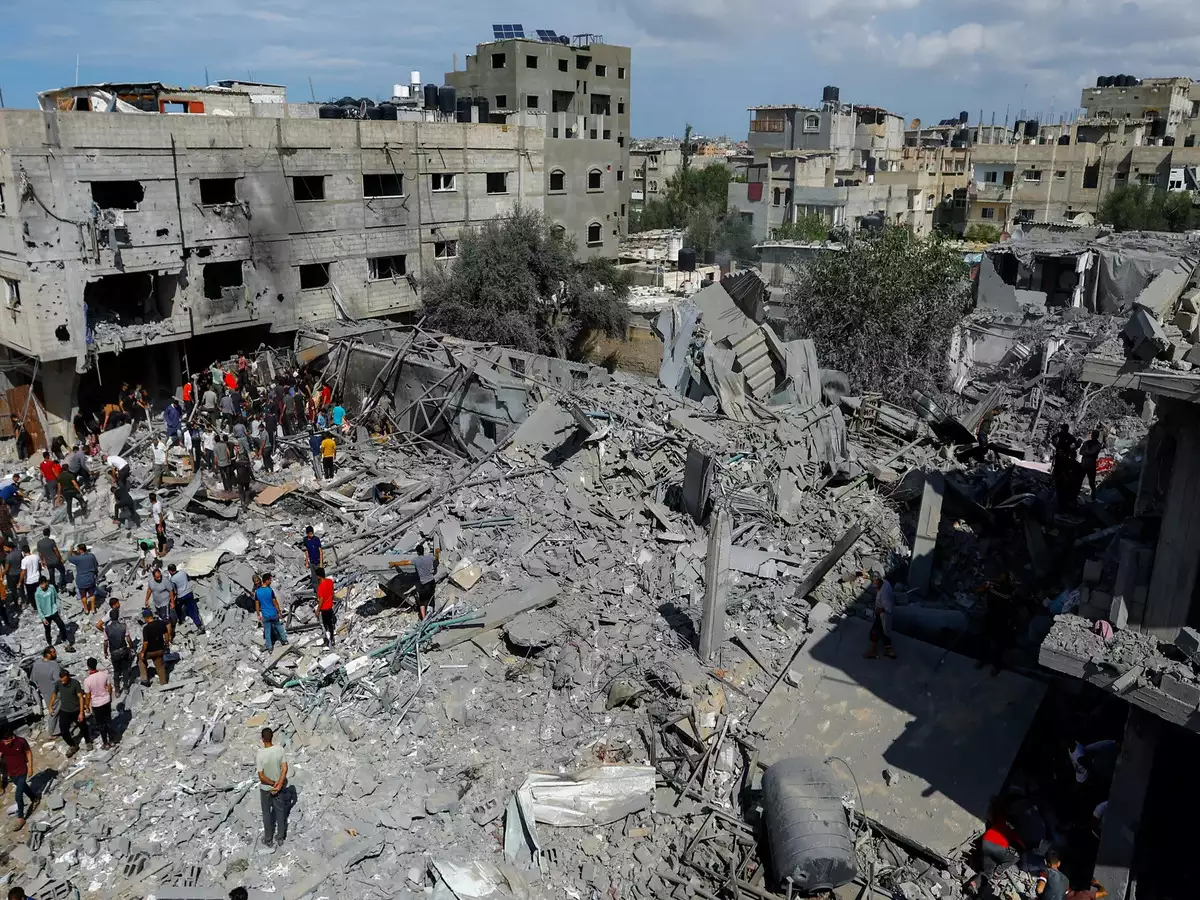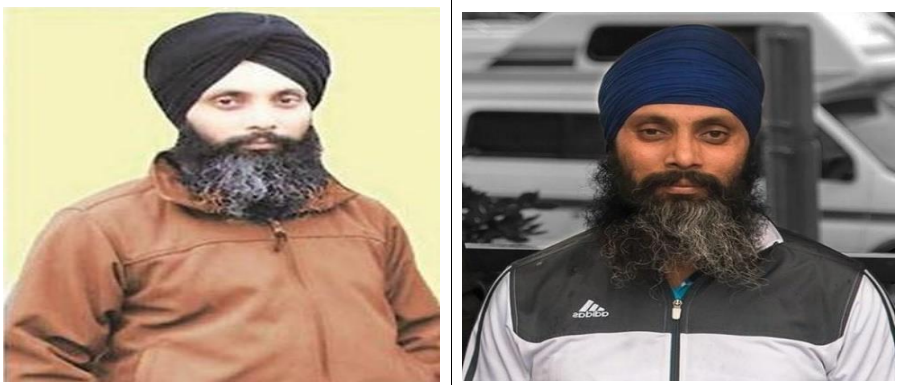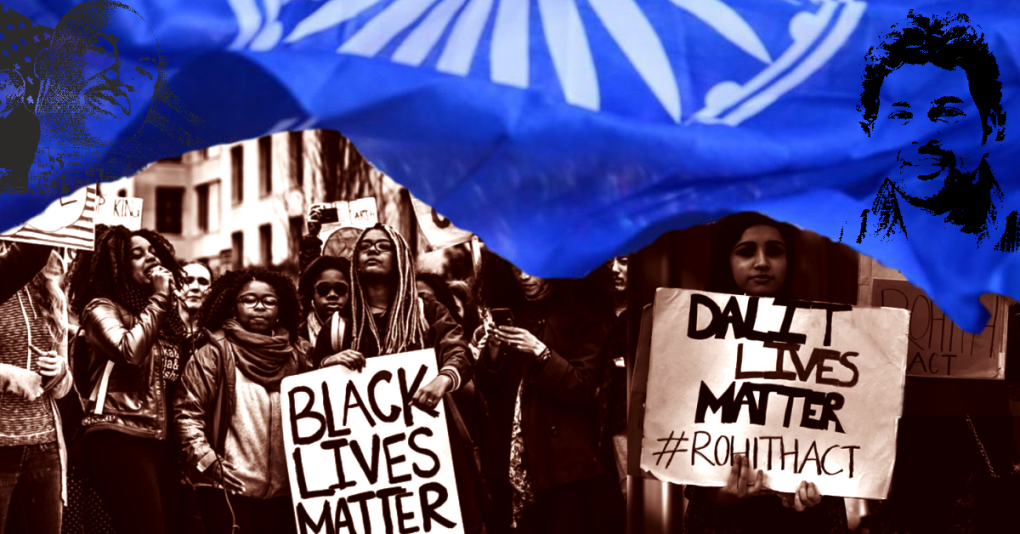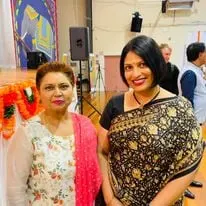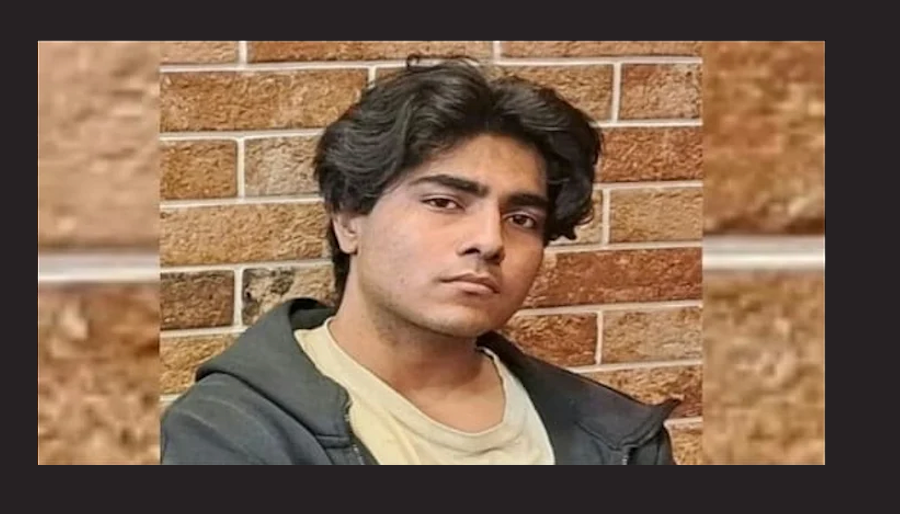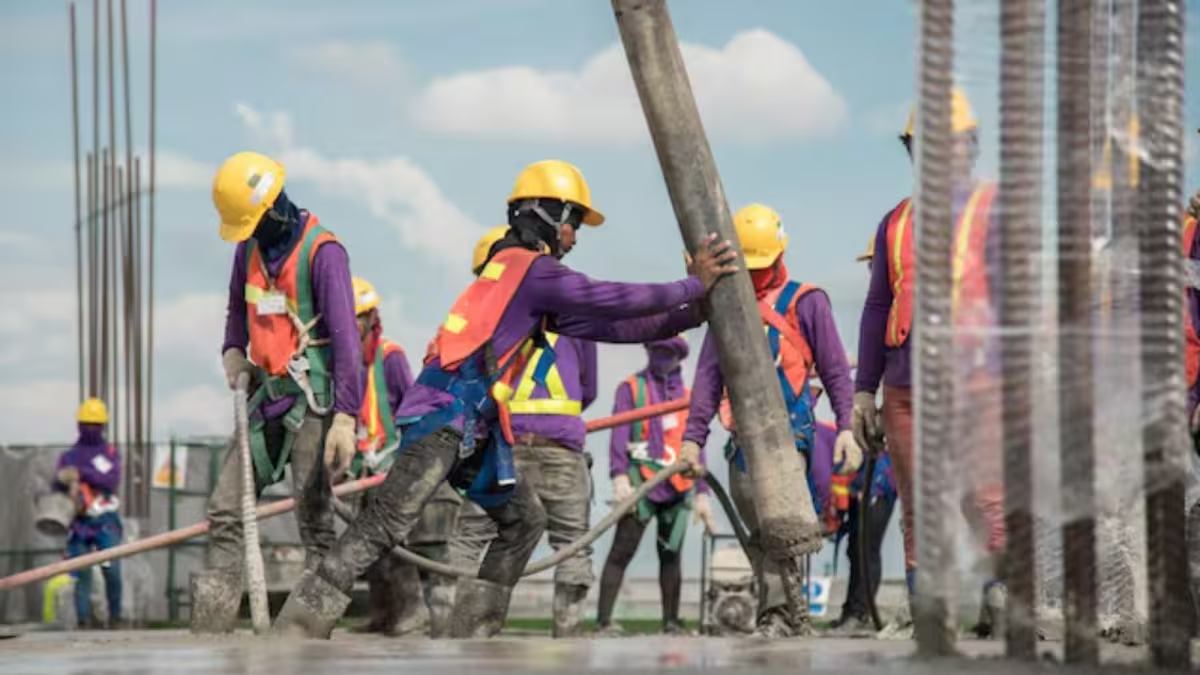-
While the current situation remains unpredictable, India is closely monitoring developments, hoping that diplomatic efforts can avert further escalation
-
Nonetheless, if the conflict worsens, it could impact India’s energy supply, trade routes, and the livelihoods of millions of Indians working in the Gulf
As the conflict between Israel and Hezbollah intensifies in West Asia, the international community faces growing geopolitical challenges. Israel has continued its offensive on Hezbollah targets, further heightening tensions in the region. While Israel’s military actions have extended into Lebanon, the potential involvement of Iran adds a new layer of complexity to the situation, reported etvbharat.com.
India, as a key player with significant interests in the Middle East, faces potential ramifications from this ongoing conflict. Meena Singh Roy, former head of the West Asia and Eurasia Centre at MP-IDSA, emphasizes the importance of stability in the region for India’s energy security and the well-being of nearly 9 million Indians working in the Gulf. She highlights the risk that an escalation could pose to both Indian citizens abroad and key Indian economic interests.
-
For India, the stakes are high. The Middle East supplies the majority of India’s crude oil, making it vital for energy security
-
Bilateral trade between India and the region, valued at $195 billion, is critical to both sides. India also relies on natural gas, petrochemicals, and fertilizers from the Gulf, while exporting machinery, textiles, and pharmaceuticals
-
Disruptions caused by the conflict could affect both the flow of goods and the significant investments flowing between India and the region, particularly in infrastructure, technology, and startups
India’s neutral stance, balancing relations with both Israel and Iran, positions it as a nation advocating peace in the region. Dr. Sima Baidya from the Centre for West Asian Studies at JNU notes that while India has historically maintained positive relations with both Israel and Iran, the aggressive actions in the region are concerning. However, she does not foresee an all-out war in West Asia, though the risk of escalation remains.
Roy also pointed out that connectivity projects like the India Middle Europe Economic Corridor (IMEEC) are already facing delays due to economic sanctions and geopolitical tensions. The Ukraine-Russia war, alongside tensions involving the US and China, compounds these challenges.
***********************************************************
Readers
These are extraordinary times. All of us have to rely on high-impact, trustworthy journalism. And this is especially true of the Indian Diaspora. Members of the Indian community overseas cannot be fed with inaccurate news.
Pravasi Samwad is a venture that has no shareholders. It is the result of an impassioned initiative of a handful of Indian journalists spread around the world. We have taken a small step forward with the pledge to provide news with accuracy, free from political and commercial influence. Our aim is to keep you, our readers, informed about developments at ‘home’ and across the world that affect you.
Please help us to keep our journalism independent and free.
In these difficult times, running a news website requires finances. While every contribution, big or small, will make a difference, we request our readers to put us in touch with advertisers worldwide. It will be a great help.
For more information: pravasisamwad00@gmail.com

